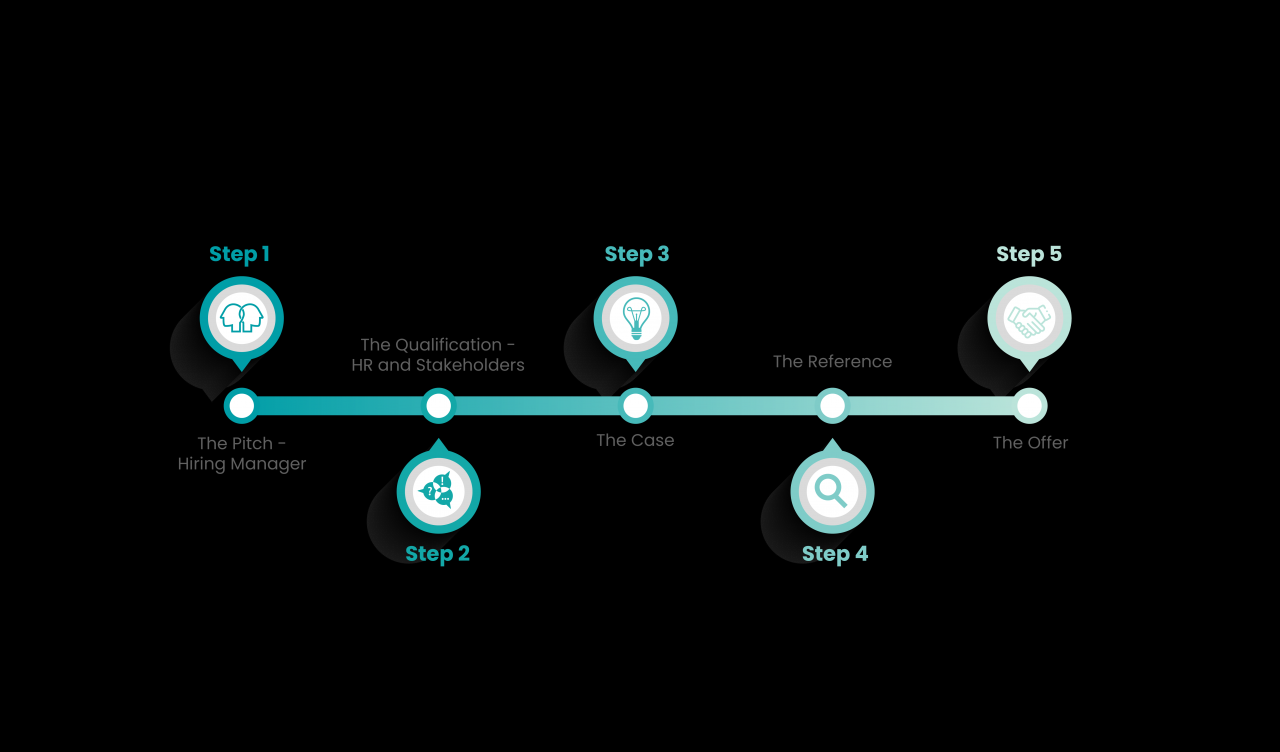An interviewing process usually ends by making a decision and communicating the results to the candidates. This process can vary depending on the organization and the specific role being filled, but there are some common practices and methods that are typically used.
In this article, we will provide a comprehensive overview of how interviewing processes typically conclude. We will discuss the various factors that influence hiring decisions, the different methods used to communicate interview results, and the importance of candidate response and follow-up.
Interviewing Process Endings: An Interviewing Process Usually Ends By

The interviewing process typically concludes with a series of steps that aim to finalize the hiring decision and communicate the results to candidates. These steps include:
- Summarizing the interview
- Evaluating candidate performance
- Making a hiring decision
- Communicating the results
- Following up with candidates
Decision-Making Criteria, An interviewing process usually ends by
Hiring decisions are typically influenced by a variety of factors, including:
- Candidate qualifications
- Candidate performance during the interview
- Candidate fit with the company culture
- Availability of the candidate
- Budgetary constraints
Communication of Results
Interview results can be communicated to candidates in a variety of ways, including:
- Phone call
- Letter
- In-person meeting
It is important to provide clear and timely feedback to candidates, both positive and negative.
Candidate Response and Follow-Up
Candidates should respond to interview results in a professional and timely manner.
If a candidate is offered a job, they should express their gratitude and accept or decline the offer promptly.
If a candidate is not offered a job, they should thank the interviewer for their time and consideration.
It is also important to follow up with the interviewer after the interview, regardless of the outcome.
Post-Interview Procedures
After the interviewing process is complete, there are a number of administrative or procedural steps that typically occur, including:
- Storing candidate information
- Archiving interview materials
- Providing feedback to interviewers
- Evaluating the interviewing process
Final Conclusion
The interviewing process can be a long and stressful experience for both candidates and employers. However, by following the tips and advice in this article, you can help to ensure that the process ends on a positive note for everyone involved.
User Queries
What are the most common methods used to communicate interview results?
The most common methods used to communicate interview results are phone, email, and video conferencing.
What should candidates do if they receive a negative interview result?
If you receive a negative interview result, it is important to remain professional and courteous. Thank the interviewer for their time and consideration, and ask for feedback on your performance.
How can candidates follow up after an interview?
Candidates can follow up after an interview by sending a thank-you note to the interviewer. You can also use this opportunity to reiterate your interest in the position and highlight any additional skills or experience that you may have.